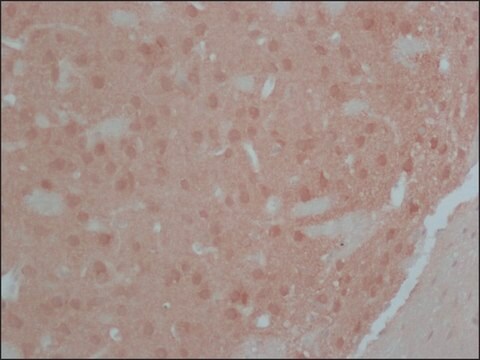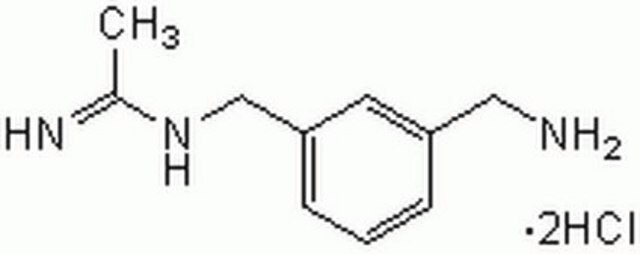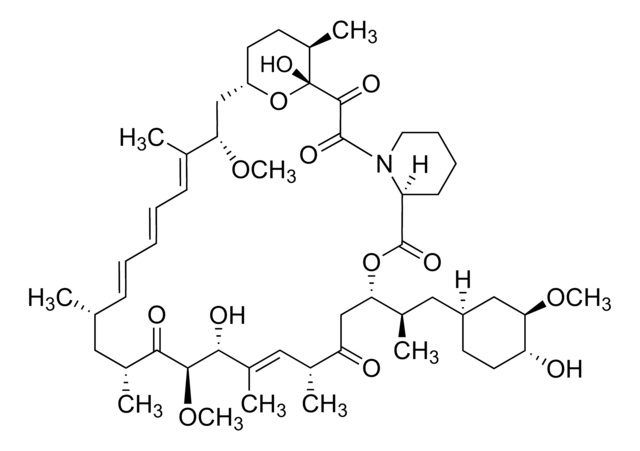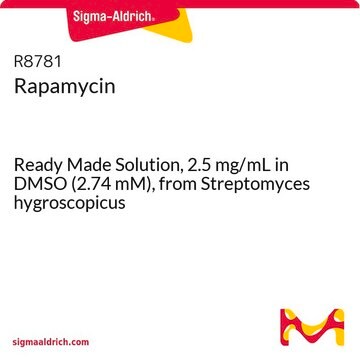C0581
Monoclonal Anti-Calcineurin (β-Subunit) antibody produced in mouse
clone CN-B1, ascites fluid
Synonym(s):
Anti-CALNB1, Anti-CNB, Anti-CNB1
About This Item
IHC (p)
WB
indirect ELISA: suitable
western blot: 1:3,000 using rat brain extract
Recommended Products
biological source
mouse
Quality Level
conjugate
unconjugated
antibody form
ascites fluid
antibody product type
primary antibodies
clone
CN-B1, monoclonal
contains
15 mM sodium azide
species reactivity
bovine, rat, human, mouse
technique(s)
immunohistochemistry (formalin-fixed, paraffin-embedded sections): suitable using neurons in human myenteric and prostatic ganglia
indirect ELISA: suitable
western blot: 1:3,000 using rat brain extract
isotype
IgG2b
UniProt accession no.
shipped in
dry ice
storage temp.
−20°C
target post-translational modification
unmodified
Gene Information
human ... PPP3R1(5534) , PPP3R2(5535)
rat ... Ppp3r1(29748) , Ppp3r2(29749)
General description
Specificity
Immunogen
Application
Biochem/physiol Actions
Disclaimer
Not finding the right product?
Try our Product Selector Tool.
Storage Class Code
10 - Combustible liquids
WGK
WGK 3
Flash Point(F)
Not applicable
Flash Point(C)
Not applicable
Choose from one of the most recent versions:
Already Own This Product?
Find documentation for the products that you have recently purchased in the Document Library.
Our team of scientists has experience in all areas of research including Life Science, Material Science, Chemical Synthesis, Chromatography, Analytical and many others.
Contact Technical Service








